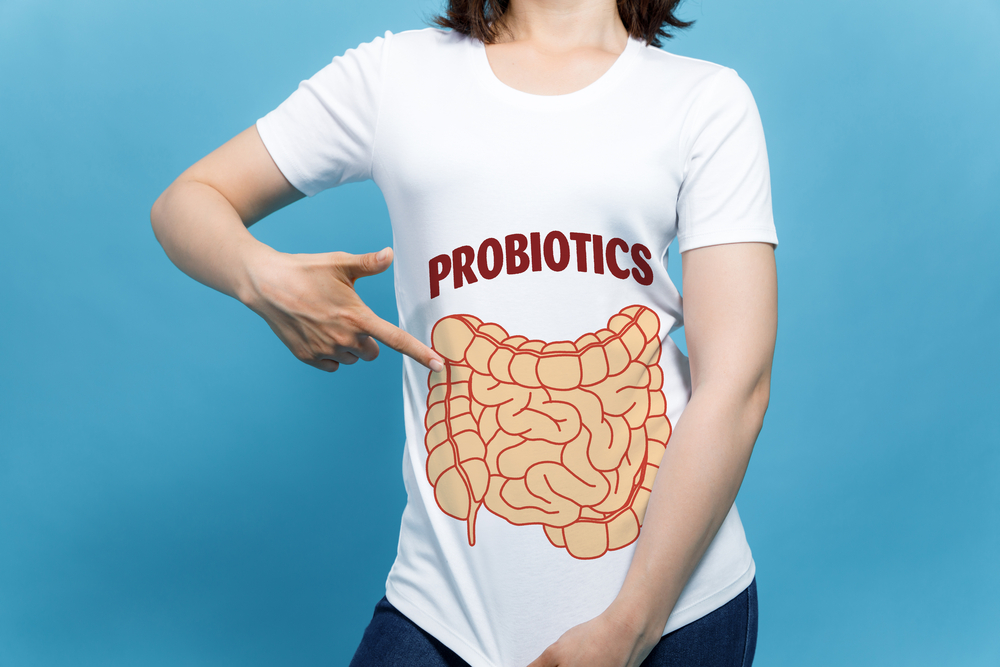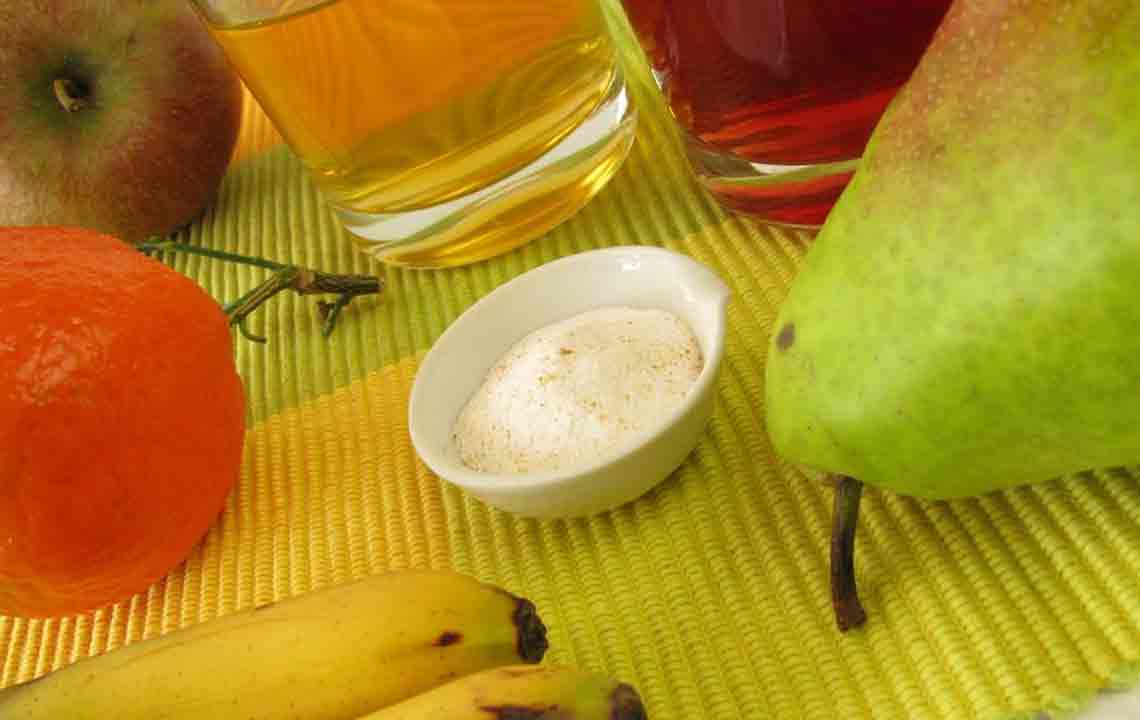Comprehensive Guide to Probiotics: Enhancing Your Health Naturally
This comprehensive article explores probiotics, detailing their sources, mechanisms, and wide-ranging health benefits. From gut and immune health to skin and reproductive support, learn how probiotics can enhance overall wellness. Discover the latest research, recommended intake, and practical tips for incorporating these beneficial microbes into your daily routine for optimal health outcomes.

Comprehensive Guide to Probiotics: Enhancing Your Health Naturally and Unlocking Their Many Benefits
Probiotics have become a cornerstone of health and wellness discussions, with their benefits spanning digestive health, immune support, skin conditions, and beyond. While many are familiar with yogurt as a probiotic-rich food, an array of other products now offer potent strains of beneficial bacteria that can significantly improve overall health. In this extensive guide, we delve deeply into what probiotics are, how they work within the body, key sources, specific health benefits, and the latest research supporting their role in disease prevention and health optimization.
Probiotics are defined by the World Health Organization as live microorganisms that, when ingested in adequate amounts, confer health benefits to the host. These beneficial microbes primarily reside in the gut but also influence other areas such as the skin and reproductive systems. The effectiveness of probiotics depends on the specific strains used, the amount consumed (measured in CFU—colony-forming units), and the regularity of intake.
There exists a broad spectrum of probiotic foods and supplements. Popular probiotic foods include unpasteurized yogurt, kefir, fermented vegetables like sauerkraut and kimchi, miso, tempeh, and kombucha tea. These foods undergo fermentation processes that naturally cultivate beneficial bacteria, enhancing their microbial content. In addition to traditional fermented foods, probiotic supplements are widely available, offering concentrated strains tailored to specific health needs.
Different probiotic strains serve unique functions within the human body. For example, Lactobacillus and Bifidobacterium are among the most studied and commonly used strains, known for supporting digestion, modulating the immune response, and maintaining microbial balance in the gastrointestinal tract. Emerging research continues to identify new strains with targeted benefits, such as alleviating symptoms of irritable bowel syndrome, reducing inflammation, or supporting vaginal health.
One of the primary roles of probiotics is to restore and maintain a healthy balance of gut bacteria, particularly after disruptions caused by antibiotics, illness, or poor diet. Antibiotic treatments can significantly deplete beneficial microbes, leading to digestive issues and increased susceptibility to infections. Probiotics aid in recolonizing the gut with beneficial strains, helping to restore normal bowel function and reduce diarrhea episodes.
Beyond gut health, probiotics have a broad spectrum of benefits. They bolster the immune system by enhancing the body's ability to fight off pathogens, which is especially crucial during flu season or periods of heightened immune challenge. Certain strains have been linked to improvements in skin conditions like eczema and acne, as well as support for urinary tract health in women by preventing bacterial overgrowth and infections. Probiotics also influence vaginal flora, helping maintain pH balance and preventing infections such as bacterial vaginosis and yeast infections.
Medical research has shown that probiotics can be effective in managing and preventing various health issues. They are well-established in treating antibiotic-associated diarrhea and infectious diarrhea caused by pathogens like Clostridium difficile. Additionally, individuals suffering from irritable bowel syndrome or inflammatory bowel disease often find symptom relief through probiotic therapy, which helps modulate inflammation and improve bowel function.
Recent scientific studies reveal promising results regarding the role of probiotics in skin health. Evidence suggests that regular intake may alleviate eczema symptoms and support the skin’s natural barrier. Furthermore, emerging research indicates probiotics could influence weight management by impacting gut microbiota composition, which affects metabolism and fat storage.
Preventative health is another area where probiotics are gaining attention. For instance, women taking probiotics may experience fewer urinary tract infections and have a lower risk of preterm labor by maintaining optimal vaginal flora. Additionally, probiotics could potentially enhance immune function, reducing the incidence and severity of common illnesses. These various health benefits highlight the importance of integrating probiotics into daily wellness routines.
In conclusion, probiotics are a vital component of a holistic health strategy. Their ability to improve digestion, strengthen immune defenses, support skin and reproductive health, and possibly assist in weight management make them an invaluable addition to modern nutrition. As ongoing research continues to uncover new benefits and strains, consumers are encouraged to incorporate probiotic-rich foods or supplements into their diet for optimal health and wellness.





